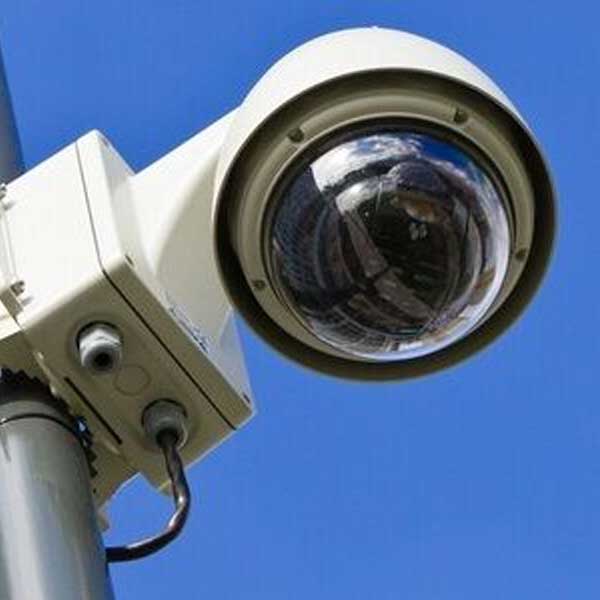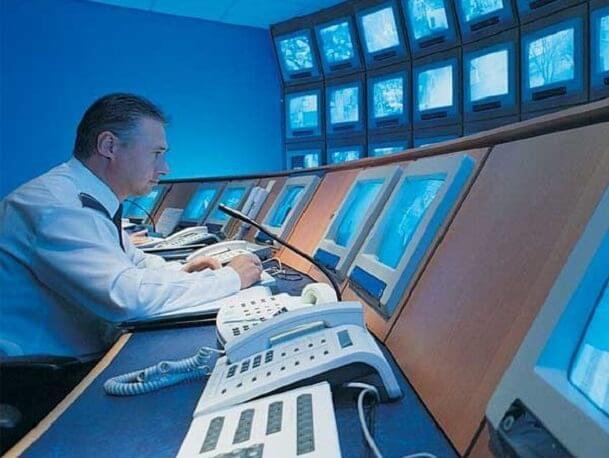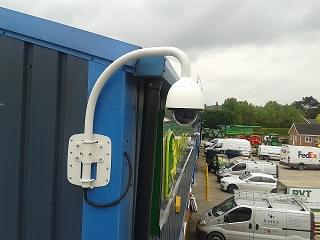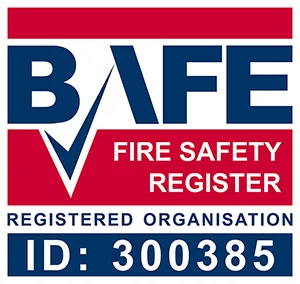It may sound obvious, but unless your alarm system is properly monitored, you could be left exposed in the event of an emergency.
And believe us – this does happen. Stories abound of people who have been blissfully unaware that their alarm monitoring company is not properly linked to the emergency services – until it’s too late.
To discover your property has been broken into, or worse still that no fast response units attended - because they weren’t alerted to the break-in - is a situation you would want to avoid at all costs.
So, when you are having a remote alarm monitoring system installed, make sure you’re working with a reputable provider with NSI accreditation and drill down on exactly what will happen should your property ever be compromised.
How remote alarm works
Although alarm systems will differ to some degree according to their level of sophistication and the particular requirements of each client, in essence, the fundamentals of alarm monitoring remain the same; namely to provide a quick and detailed communication between the security system installed in your home or business and the Alarm receiving centre (ARC) operated by the security company.
The central control panel is at the heart of every remote alarm system. This links all the sensors installed in the property, including any window or door sensors, motion detectors, or specialised temperature, flood, and smoke detectors.
When your system is armed and any of these sensors are triggered, a signal is sent to the monitoring station - typically via your telephone line, internet or mobile data network, although some alarm monitoring systems also offer alternate or back-up transmission options known as dual path.
The first signal sent by your control panel will alert the monitoring personnel at the alarm receiving centre (ARC), who will immediately call to notify you that there’s been an alert and to confirm whether it's a real emergency or a false alarm. If you don't respond, the alarm monitoring service may contact the appropriate agency – usually the police or fire service - to dispatch emergency personnel to your address. Some security systems offer additional features, such as immediate alarms, which aren’t dependent on a confirmation call, or silent alarms which don't alert intruders, which could give them the opportunity to disable the system before the follow-up signal is sent.
Critical information will be sent by your residential or commercial security system to the alarm receiving centre. This will include account identification (to access your address and contact information) and the type of sensor that has been triggered. For example, a smoke detector event will cause the alarm receiving centre to contact the fire department.
In this day and age, sadly, many emergencies are likely to be too serious to handle without external assistance, especially if you're disabled, elderly or infirm. And that’s precisely what ‘around-the-clock’ alarm monitoring is designed for - to ensure you receive a fast, professional response should it ever be needed.
For more specific information about the most appropriate alarm monitoring device and security system for your home or business, please contact our experienced support team on 0845 468 0927.







